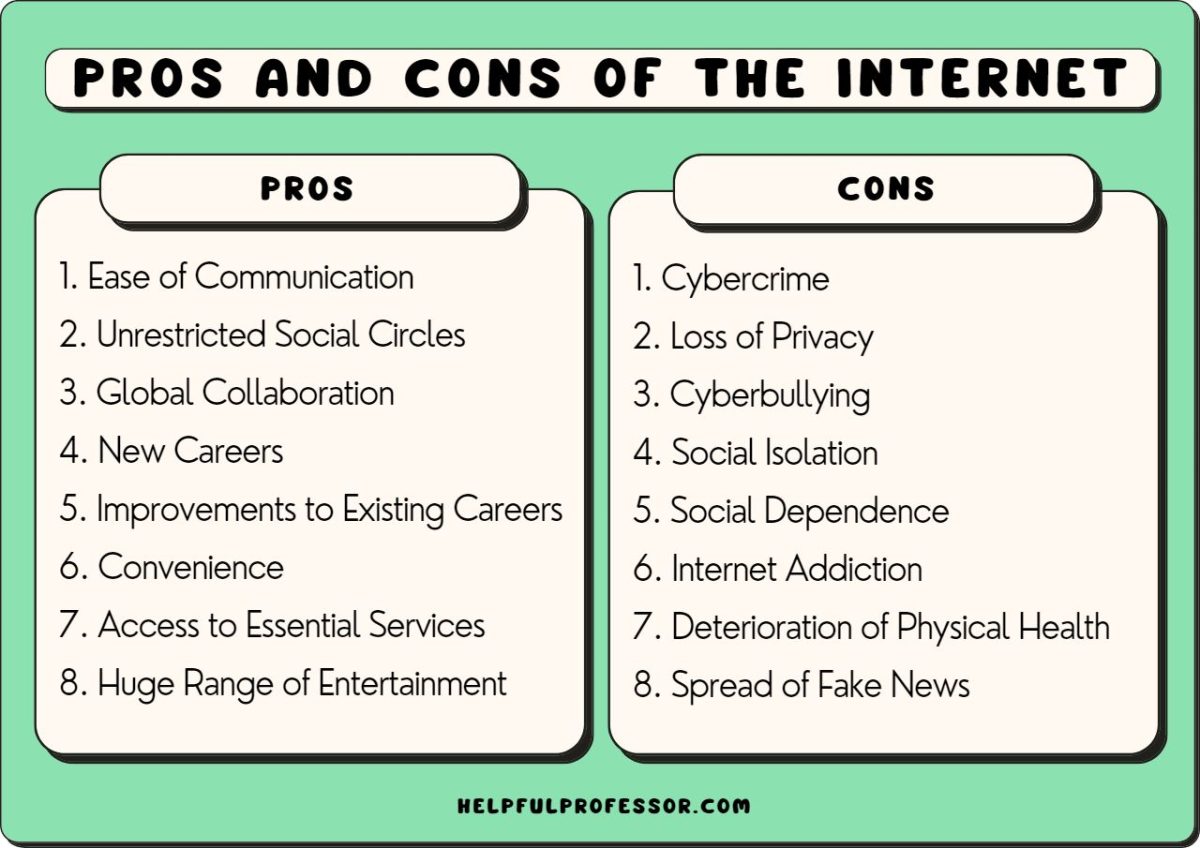Generation Z is a generation born during technological advances. We grew up playing on our DS’ and hearing our grandparents whine at us, saying “When I grew up, we didn’t have electronic games, only a ball and a front yard.” Technology has a mostly positive association, but cell phones are so new that it’s hard to know the negative effects on our motivation, social skills, and quality of life. I recently considered this when I realized how hard it is for me and my peers to stay off our phones. It changes the way we interact with each other. Social media is almost a mask, with people hiding behind their phones and only presenting a certain part of themselves to the world, scrolling for hours on end for meaningless satisfaction, and forgetting things they may need to do.
Even with TikTok’s screen time feature where I can set a timer, I often ignore it and continue with my endless scrolling. I pondered how life would be different if I didn’t have my favorite app. Would my screen time be reduced? Would I be happier? Would I be more productive in my day-to-day life? I ended up deciding to do a social media experiment. Problems arose when it came to finding participants for the experiment. Very few people were willing to participate, and those with minimal social media usage weren’t willing to delete social media altogether. Attempting this experiment and failing to find participants brought one thing to light: We are so dependent on our phones that it’s so easy to recognize its positive addition to our lives but harder to realize the negative.
Technology allows us to stay connected to one another, we’re always a phone call or a text away from one another. The internet provides us with so much information at our fingertips, it is easier to stay more knowledgeable with a Google search however it creates a dependency on technology. Social media is even thought to affect the capacity of memory, because we have our memories to look back on our phones. When watching videos, looking at photos, or playing a game dopamine is released which increases happiness, this can trigger a reward system connected to your phone that stimulates a tie between happiness and your phone. This is why it was difficult to find participants in the experiment, the serotonin produced by endless scrolling and the memories we tie to our social media creates a dependency and in some cases addiction, that leaves teens reluctant to decrease their screen time.
Teens are particularly more susceptible to social media addiction because our brains are still growing, an excess use of social media at a young age rewires the brain to need instant gratification you can get from social media. It’s important to have easy communication with your friends and family and the social media communities can be a very enriching experience, however, it’s really important to monitor your social media to prevent extreme dependency, following a schedule would help your brain adjust to a certain amount of social media exposure without creating a 24/7 dependency. Taking advantage of social media is never a bad idea but there is also a point where information at your fingertips and fun apps can change your attention span and memory, brain breaks and separating media from reality allows a healthy relationship between your life and your online life.








